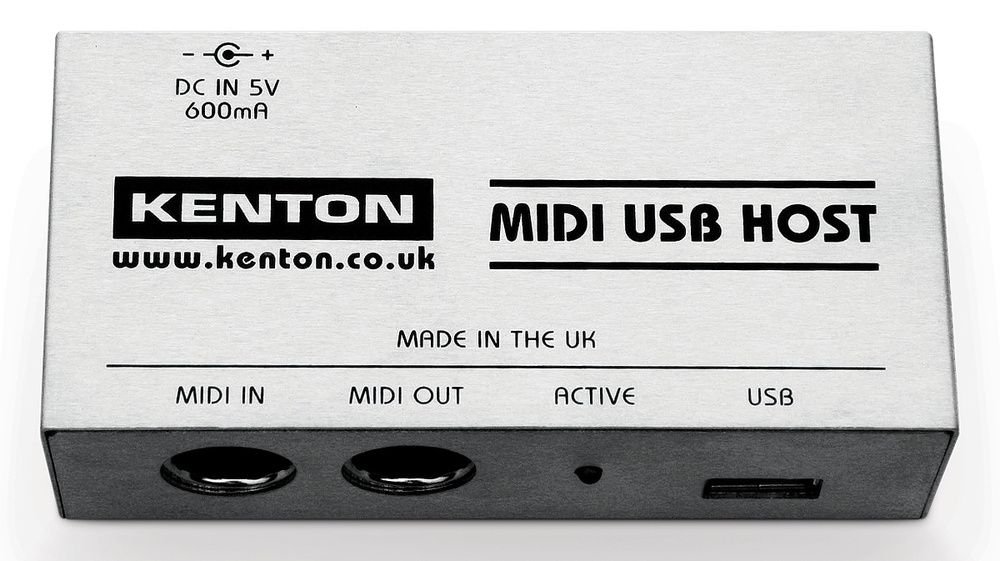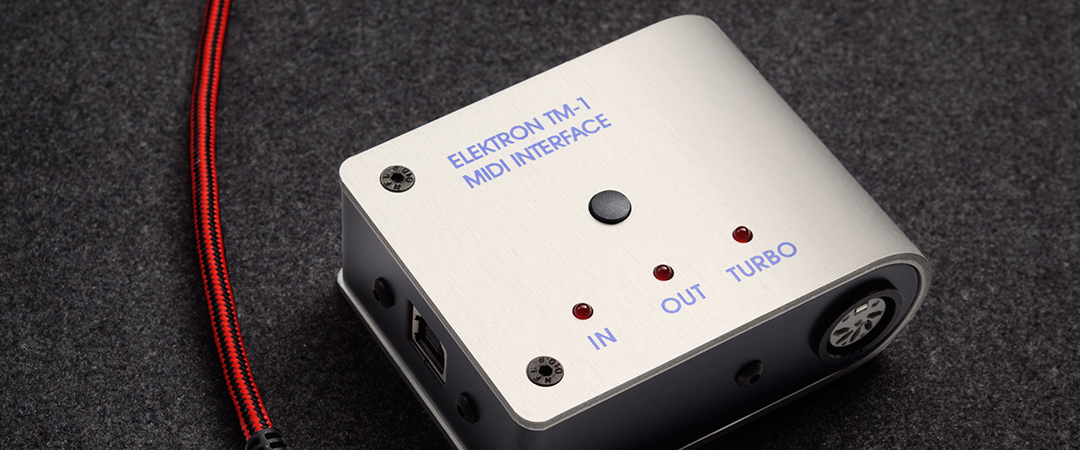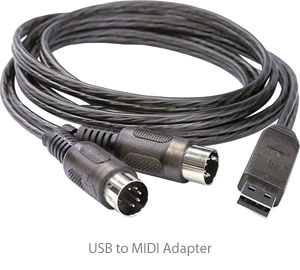

Unfortunately, my Raspberry Pi is the earlier model B with only two USB-A Host ports. I wanted to try this approach without buying any new hardware. We need to use the ALSA aconnect utility to identify the incoming and outgoing MIDI ports and to connect the appropriate ports. This is exactly how we would connect the controller and synth if we used the PC and the DAW except we have replaced the PC with the Raspberry Pi (much smaller and only $40USD).įor software, the Raspbian Linux operating system comes with ALSA audio and MIDI support.

From the hardware perspective, here’s what we need to do: The Rapsberry Pi B+ would be the ideal model with its four USB Host (A) ports. Computer? USB Host interface? Software? Raspberry Pi! The PC-based bridge is not so portable and maybe you don’t want to take a laptop to the gig. Also, the Kenton is not readily available in all parts of the world (e.g., the USA) and shipping is expensive. The Kenton is portable, but is a little bit pricey for my taste. The software streams the MIDI data between the 5-pin and USB worlds. The old synth (or whatever) is connected to the computer through the 5-pin MIDI IN/OUT interface and the controller is connected to the USB-A Host port.

5-pin MIDI is dirt simple and is just a faster form of plain old serial communication - no bus protocol, no host/client, no hassles. New controllers now communicate MIDI data over USB instead of using the old 5-pin DIN interface. It seems like MIDI over USB has taken over the MIDI controller world!

Finally, one year later, I got to try out this idea. Way back in January 2014, I outlined a way to send MIDI from a USB-B only controller to a keyboard or module with classic 5-pin MIDI using Raspberry Pi as a bridge. Please see the bottom of this page for an update.


 0 kommentar(er)
0 kommentar(er)
